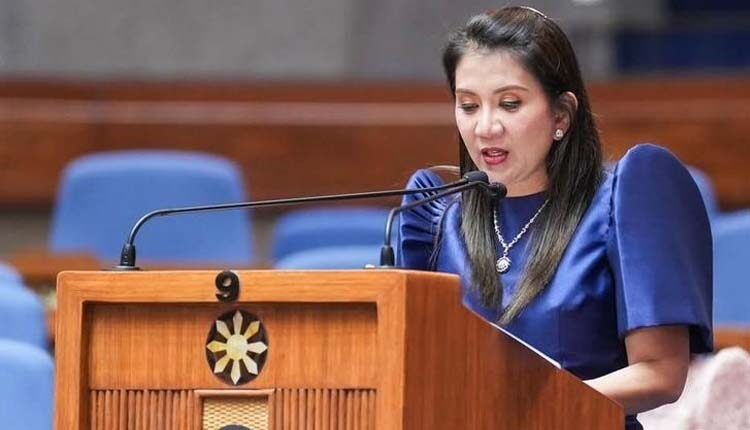Congresswoman Rida calls for waterways inventory, removal of obstructions
Advertisers
San Jose del Monte City Lone District Representative Rida Robes calls on the national government to launch an inventory of all waterways that have been obstructed by waste materials or permanent structures and start to formulate an action plan on how to finally address the massive floodings in the country.
In her privilege speech, Robes urges the whole government approach in finding concrete solution to combat the persistent problem of floodings due to typhoon which she said costing billions of peso damages from properties, agricultural products and even lives.
According to the Climate Change Knowledge Portal, Robes said; since 1990, the country experienced around 565 floodings, cyclones, earthquakes, tsunamis and landslides, costing around 23 billion dollars in damages.
Robes added that because of our location in the Northwestern Pacific Basin, the country is particularly prone to cyclones, with an average of 20 typhoon per year that enters the Philippine Area of Responsibility.
“On July 2024, Typhoon Carina affected more than one million families in Regions 1, 2, 3, 5, 6, 7, 10, CALABARZON, MIMAROPA and the NCR. During the most recent Typhoon Kristine that razed the Bicol region, disrupted transportation of goods and services, displaced our fellow Filipinos, caused billions in peso in damages and the death of several people; rivers and spillways, including the 94km Bicol River overflowed. The flooding in these regions were exacerbated by the lack of proper drainage and obstructed waterways.”
This fate, the lady solon said, has been a common occurrence in the country that has worsened through the years.
“It is for this reason that I call upon the members of this august chamber, now is a crucial time for us to legislate laws protecting our environment, waterways and strengthen flood control projects to mitigate disaster risk and adapt to the effects of climate change. What can we do to address these issues?” Robes said.
“First, an inventory of our waterways, spillways, dams, and national water resources.Second, we need to determine obstructions, may it be solid wastes or temporary infrastructures and steps to address these. It is imperative that we fortify our existing laws on waste disposal and management and craft legislations that will help us adjust to the new normal, a term internationally used to describe intensified natural disasters due to climate change. Third, we shall study innovations in technology for disaster preparedness, mitigation and adaptation – determining the best steps in moving forward towards a resilient country.” Robes added.
“In conclusion, I would like to call on all of you, to rally behind a more environment – conscious nation, one that is prepared to face natural disasters and adapt to the changing times. Let us commit ourselves to building a ready and resilient society.

